|
Untitled, Blandena “Jo” Landreth
(1980’s) Wool, hooked on burlap Blandena enjoyed making art from recycled and natural materials. This rug/wall hanging was designed and created from 100% wool pants, dresses and skirts that she, her husband Jack and her daughter Ginny wore until they were outgrown or too worn to wear. Peaceful Forest, Ellie Williams
2020 Acrylic I made this for my Mom for Mother’s Day because we love nature and creation, so it reminds me of our time together in the woods. Pintail, Dan Thomas
1991 Walnut Dan Thomas carved this beautiful decoy for the Baldwin family, who treasure all of the pieces he’s made for them. His reverence for the wood, the process, and the outcome reflects living and faithful care of God’s creation. Mag, Tresia Swain
1980 Oils on canvas While visiting the area where she had grown up, near Grange City in Fleming County, in 1980, Tresia encountered Mag Crawford, a neighbor from her days as a child. Mag lived with a sense of wonder and appreciation for the natural world. That essentially-preindustrial mindset characterized Mag’s generation and those that preceded it, whose survival hinged upon nurturing a symbiotic relationship with those small pieces of the world that sustained them. (This painting was completed when Tresia was student-teaching and eight months pregnant with her first child.) Lula, Adrian Swain
2021 Soda-glazed ceramic, cast iron and paint Starting out as part of a series of architecture-themed pieces, I added a found object. It is named for my 7-year old granddaughter who has developed a genuine fascination with plants and animals. I think of this piece as one of hope. Sunrise Over the Atlantic and Lone Tree on Rock, Catherine Rogers (submitted by Brent Rogers)
Photography transferred to Christmas card Catherine dearly loved to capture the beauty of nature through the use of the camera. She would get up early or go out late if it meant that she might capture some image that was transitory in time as the “Sunrise over the Atlantic” illustrates. Catherine loved to capture the things of beauty and meaning that she saw in the world around her. The image “Lone Tree and Rock” was taken on a boat excursion around the Apostle Islands in Lake Superior of the shore near Bayfield, Wisconsin in 2018. The pictures that she took on this trip were among the last she was able to do on vacation travel. She indicated that this photograph not only stood for the beauty of the land and water itself, but for the struggle to hang on in the face of adversity, both that of the tree and her own fight with cancer. She included the following as an inscription with another version of the photo: “Even in adversity, there is strength, beauty and grace around us and within us.” Consider the Lilies...Matthew 6:27, Mabel Reynolds
Watercolor Anne Reynolds Buckner, Mabel Reynolds’ daughter, submitted this painting. Anne related that her mother painted this in honor of another FCC Morehead congregant, Ina Helwig, and donated it to the church in her honor. Mabel Reynolds was a foundational member of the FCC Morehead church family. The painting demonstrates Mabel’s love for the church and for Creation. Untitled, Glenn Johnston
Stained glass Glenn is well remembered for his way of making life better for others and as the creator of many of the stained-glass windows and doors that adorn FCC. His daughter Alicia Carter said that he wanted to protect all of creation and in particular, “He loved the ocean.” 200 Year-Old Burr Oak Tree from Clark County, Kentucky
Sandra Gullett Summer 2016 Watercolor This tree portrait was painted on location. I touched the bark and walked around its trunk looking up into its branches. I saw its wounds from past lightening strikes. The addition of a lightening rod was visible and showed a concern for the tree by an attempt to limit future strikes. I saw the scars where healing had taken place from broken and severed branches due to storms. I also was aware of the surrounding fields where horses were calmly grazing. I took photos of the tree on my cell phone from varying distances and angles. I took photos of some nearby horses. I was told by family members the approximate age of the tree. I tried to think of the world as it was when the tree was a sapling in the early 19th century. The old oak is not a pretty tree. Many of its branches seem too thick, jutting at odd angles defying the laws of physics. It bears its imperfections through its history. I was glad to be there. I thought that an artist could make a career of painting trees of all kinds as “portraits,” the sole subject of the artwork. I think of the possibilities…and move on. Unfolding, Nancy Gowler
2020 Oil on canvas The Celtic theologian and badly maligned heretic Pelagius called upon us to look for the "narrow shafts of divine light [that] pierce the veil that separates heaven from earth." Much of the work of the artist is in paying attention. I was first so captivated by the spiral of a slowly unfolding frond of a sword fern in my backyard that I snapped a close-up photo of it with my phone. Much later during a clergy art retreat, I explored the image further in this small oil painting. Even in a photo the frond pulsates with potentiality, on the edge of a fullness it does not yet realize. "When God pronounced that his creation was good, it was not only that his hand had fashioned every creature; it was that his breath had brought every creature to life. Look too at the great trees of the forest; look even at your crops. God’s spirit is present within all plants as well. The presence of God’s spirit in all living things is what makes them beautiful; and if we look with God’s eyes, nothing on the earth is ugly." --Pelagius (354-418 CE) |
2021 Art ExhibitionHighlights of FCC Creation Care Art Exhibition on display in September 2021. Archives |
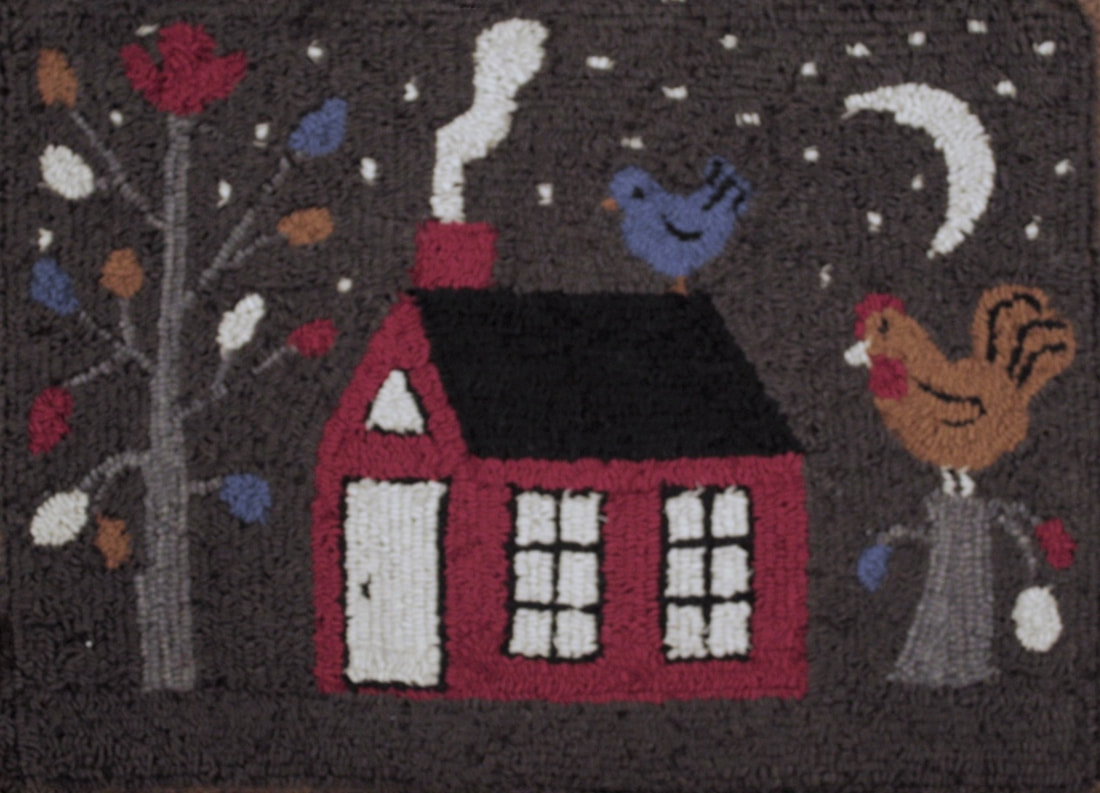
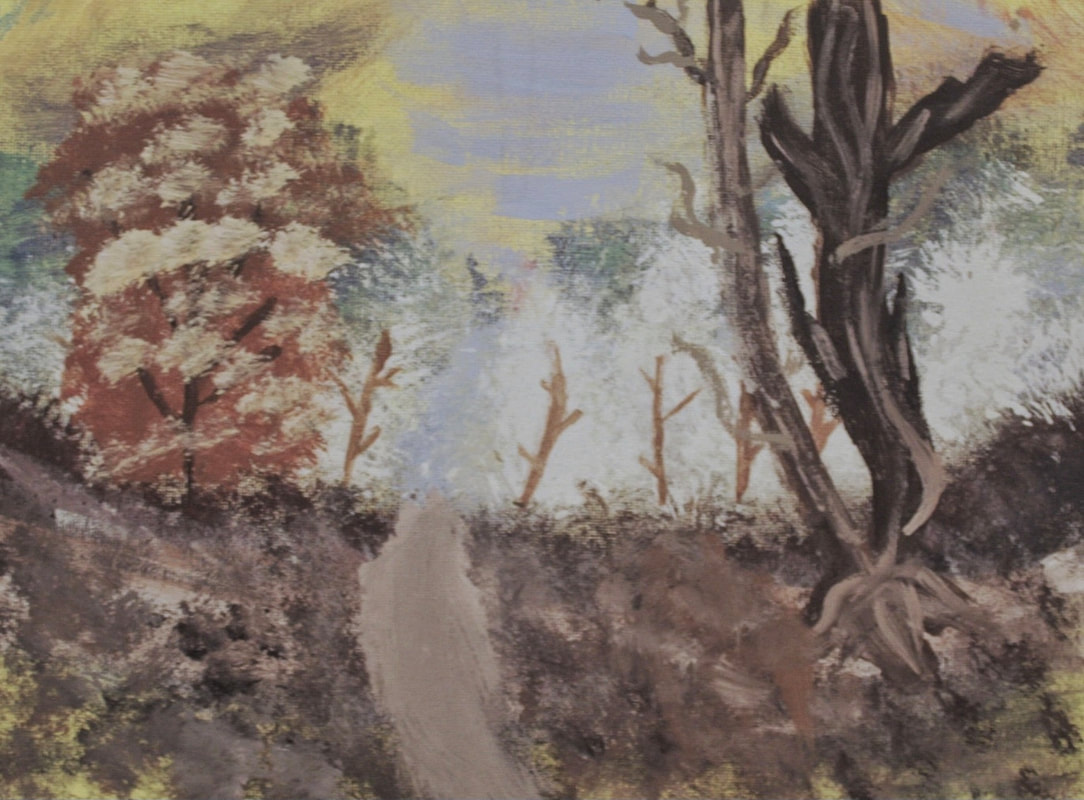
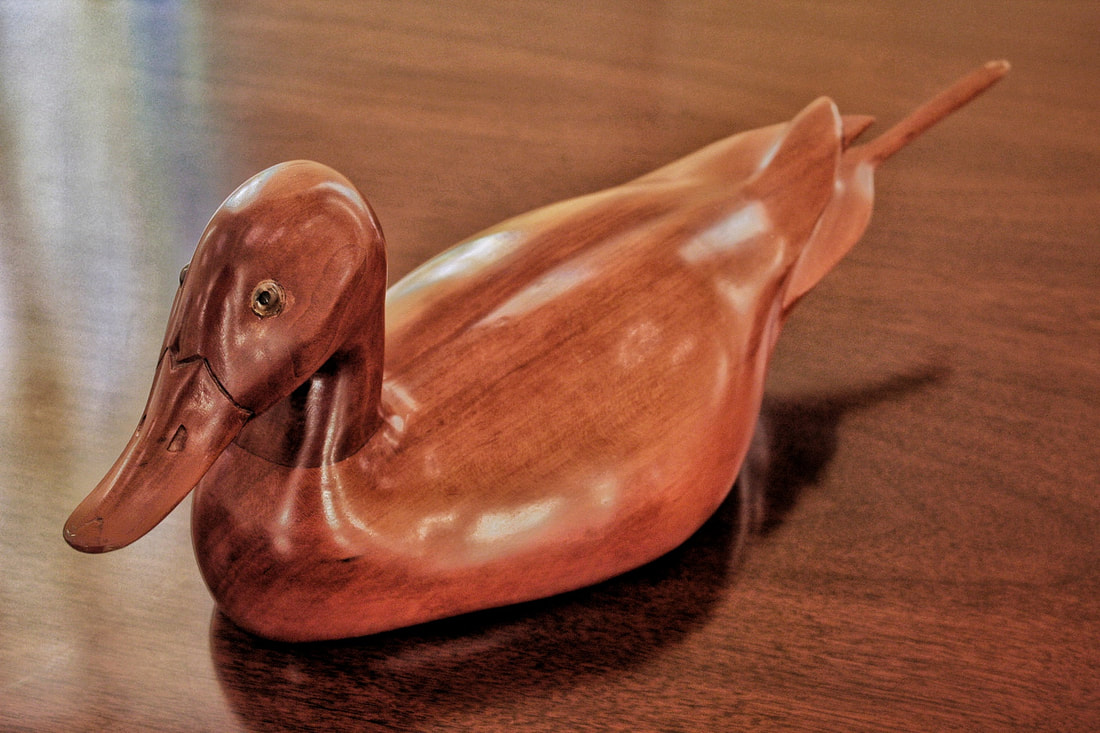
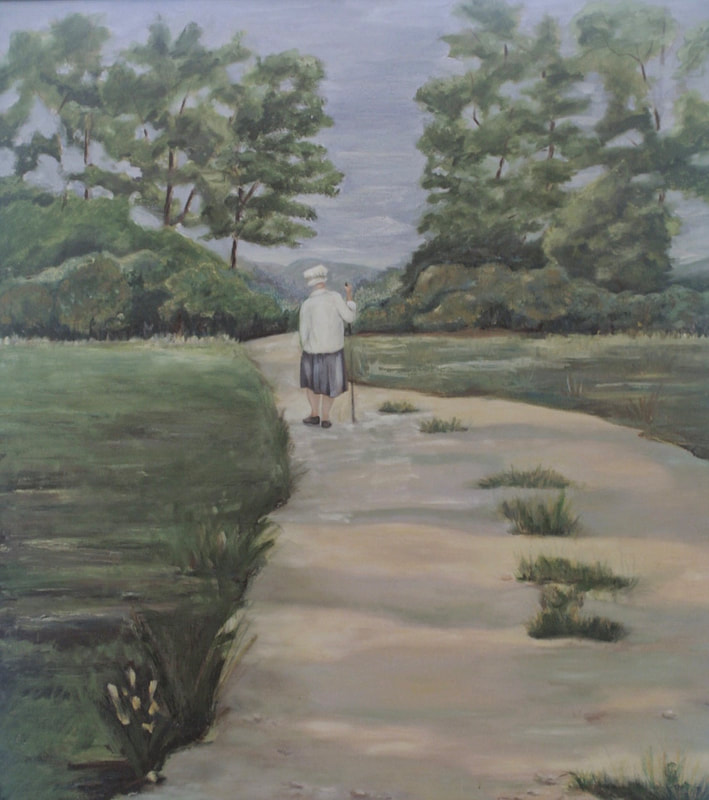



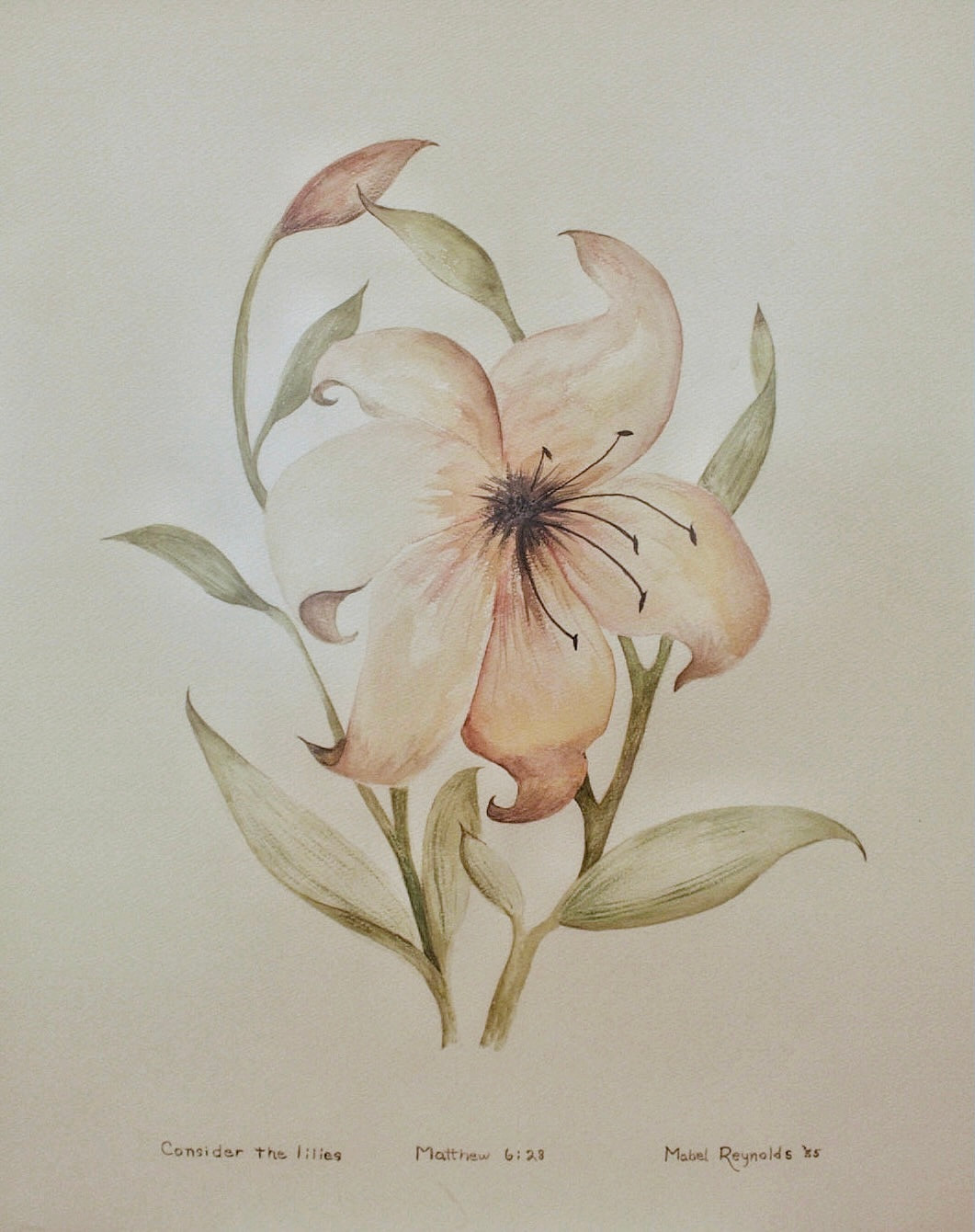
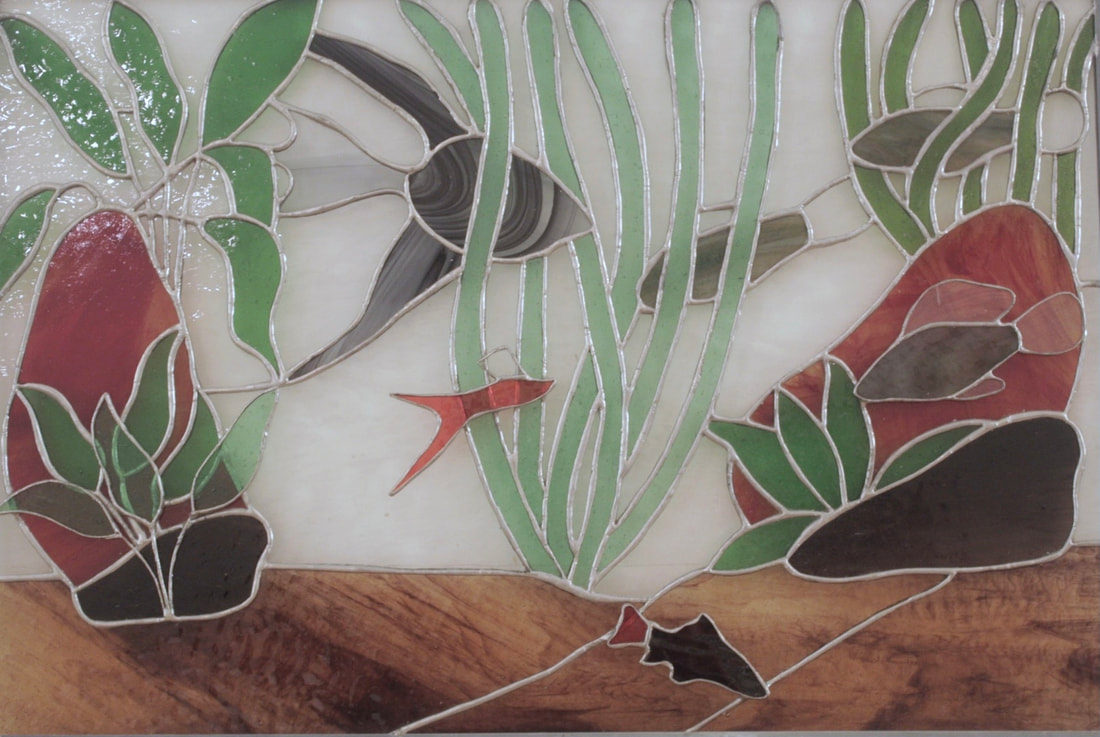
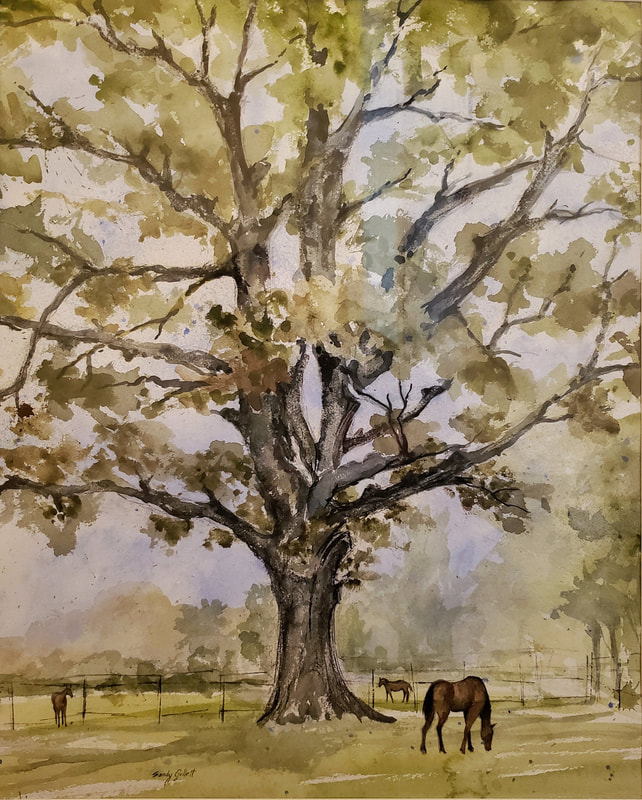
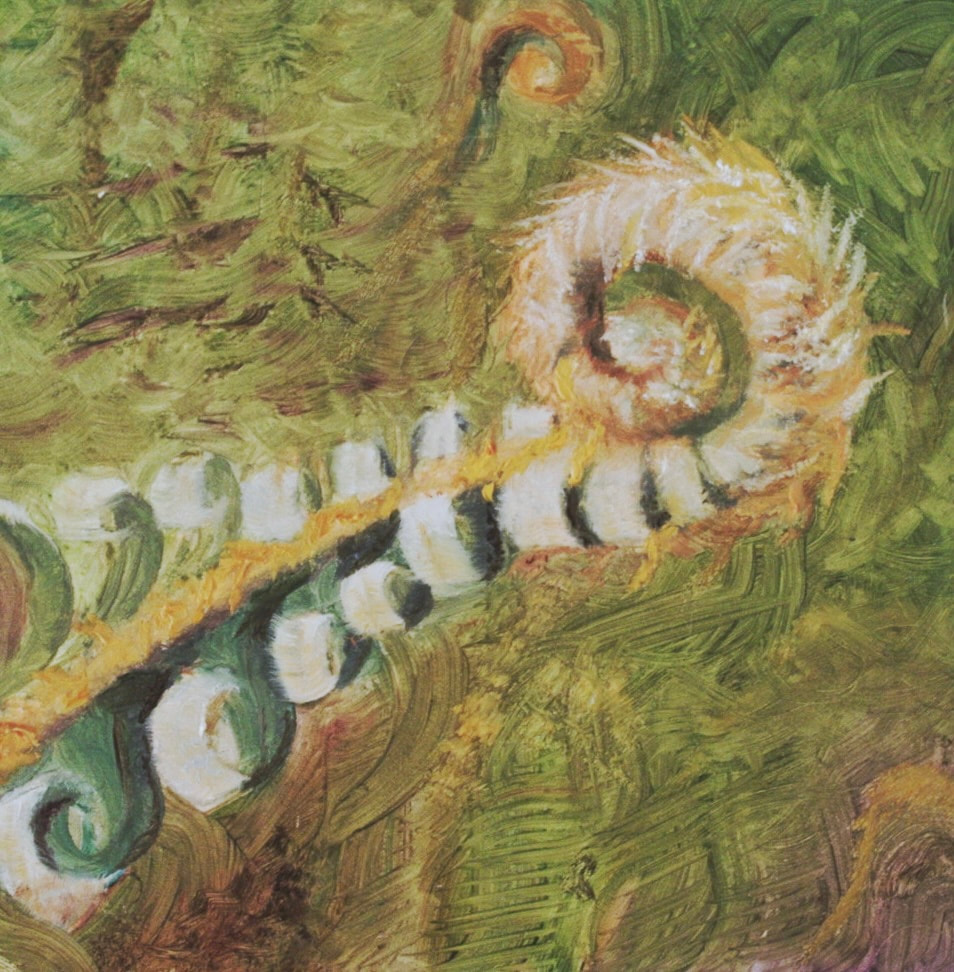
 RSS Feed
RSS Feed
